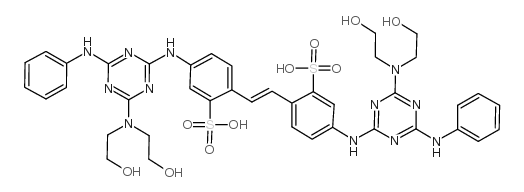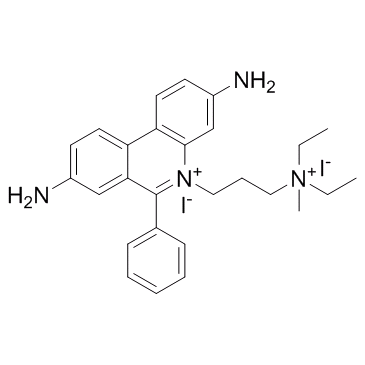| Structure | Name/CAS No. | Articles |
|---|---|---|
 |
Ethanol
CAS:64-17-5 |
|
 |
Fluorescent Brightener 28
CAS:4404-43-7 |
|
 |
Propidium Iodide
CAS:25535-16-4 |